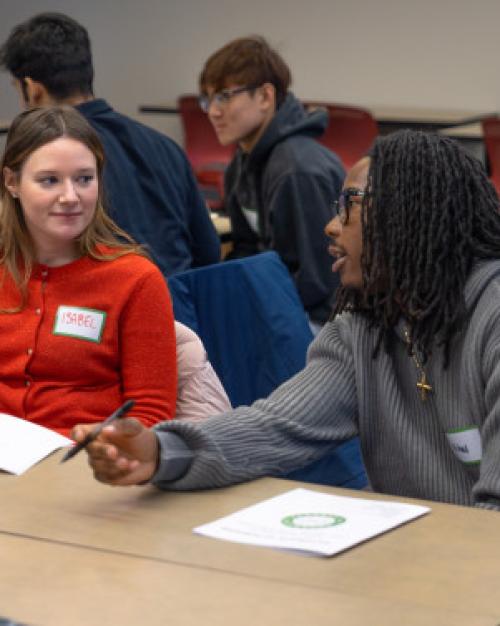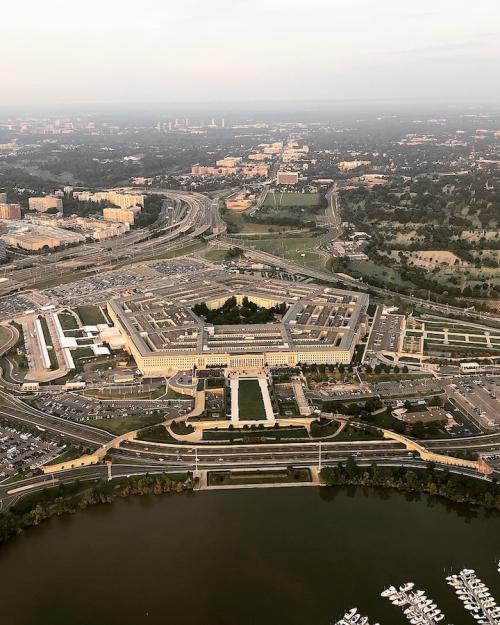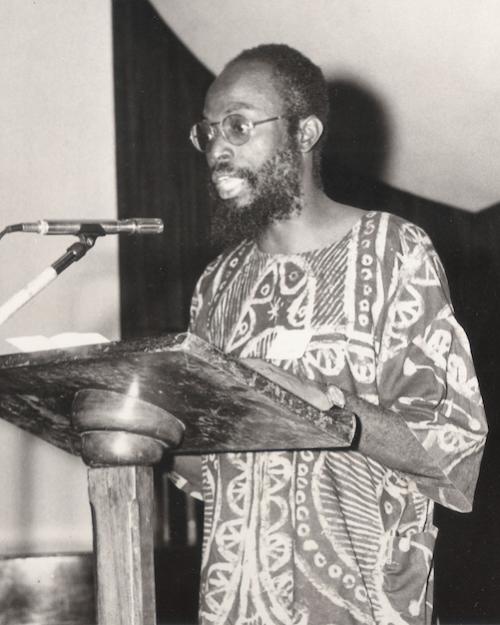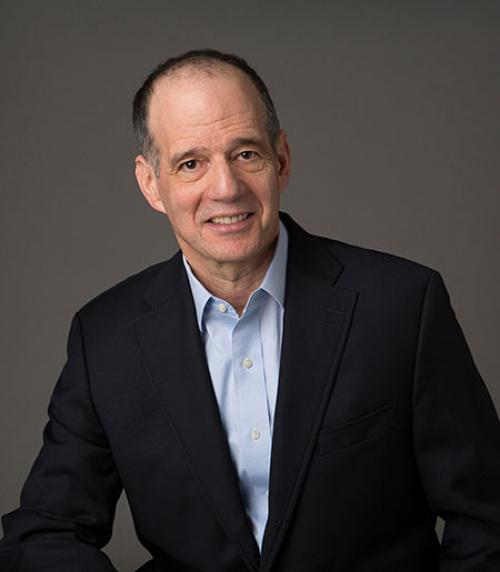Historian Barry Strauss, who specializes in ancient and military history, notes that plagues and epidemics have often been linked to wars. The current pandemic will accelerate the use of computer models and big data in the field of history; however, he says, COVID-19 has taught us that models are only as good as the assumptions on which they’re based.
The pandemic will highlight the fragility of society and significantly influence U.S. politics – with unknown consequences – as well as the U.S.-China relationship. He predicts we’ll be hearing more about communism, and that colleges and universities will see a lasting shift toward online and budget education.
On a personal note, he says the pandemic has given him insight into what it feels like to have one’s life shaped by an historic event.
Strauss is the Bryce and Edith M. Bowmar Professor in Humanistic Studies in the College of Arts and Sciences.
For more COVID-19 impact videos, see the playlist on YouTube.
Read the story in the Cornell Chronicle.




